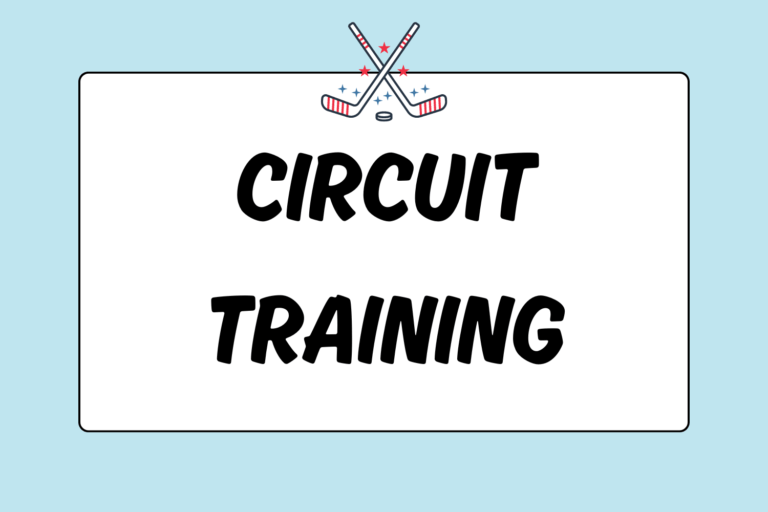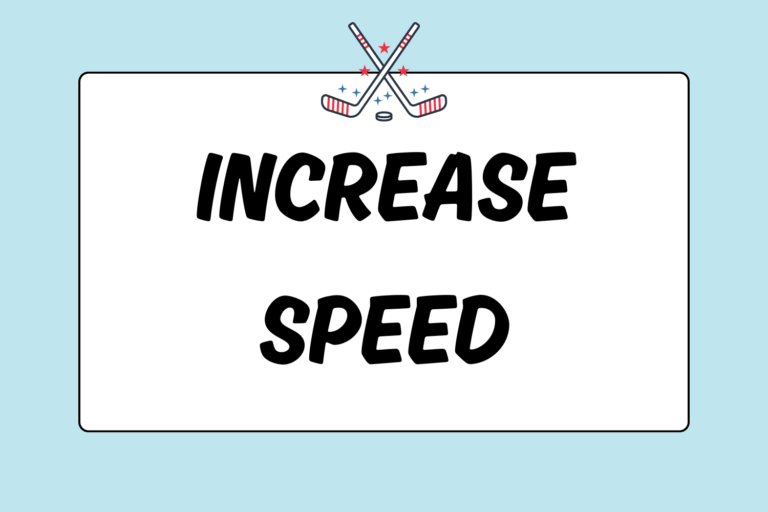Successful athletes know the importance of eating healthy. Your body gets its energy and the nutrients for your muscles from the food you eat. Having a nutritious diet will keep your body going and essentially improve your athletic performance.
Being an athlete starts from within. By eating the proper food, you will have more energy and recover faster. This guide will teach you the dietary essentials — carbohydrates, fats, protein, and water — to keep your body healthy while training.
Carbohydrates
Your muscles need carbohydrates (carbs) to function properly. Carbs are stored in your muscles in their simplest form: Glucose. When you run or workout, your body breaks down the stored glucose and turns it into energy. For athletes, it’s very important to constantly replenish your energy source. There are two types of carbohydrates that provide you with short- or long-term energy: Simple and complex.
Simple
Simple carbohydrates are made up of two sugars and have a basic chemical structure. This makes them easy to break down, giving your body short energy boosts. Eating simple carbs right before a game could give you extra energy. But, be careful which types of simple carbs you are eating:
- Fruits contain healthy, simple sugars. They give you quick boosts of energy and can even provide antioxidants for your body. Incorporating a banana or berries into your meal before the game is a great, healthy choice.
- Sweets are an example of simple sugars that can lead to fat production. These give you a quick energy increase, as well, but will leave you feeling sluggish after they burn out. Some simple sugars to avoid include soda, candy, and cakes.
Complex
Complex carbohydrates are often referred to as starches. Complex carbs provide you with long-term energy. They are made up of complex sugars, which takes your body longer to breakdown and digest. The sugars enter your blood stream much slower, causing a steady flow of energy throughout the day. As an athlete, you need to constantly tap into your supply to maintain the energy needed for long-term endurance. Just make sure you are taking in the right starches:
- Some healthy complex carbohydrate choices include wholegrain breads, pasta, oatmeal, brown rice, and potatoes.
- The unhealthy complex carbs to avoid are crackers, biscuits, cookies, cakes, and most other foods made with flour.
Hot Tip: Six Meals a Day
Eat six small meals a day instead of three large ones. By eating six small meals, you will be able to keep your body constantly energized, speed up your metabolism, and absorb more nutrients.
Fats
You want to moderate your fat intake, but do not eliminate it from your everyday diet. It takes your body a long time to break down fat, so it can be a good source of energy for long-term endurance activities.
Fat is also used to access the stored glucose in your body used for high-intensity exercise. Because it takes so long to breakdown, it is best to avoid foods high in fat right before a workout or game. There are three types of fats you can incorporate into your diet: Unsaturated, saturated, and trans fat.
- Unsaturated: These are the best kinds of fats. They are primarily found in plant food sources and can actually lower health problems, such as heart disease and high cholesterol. Common foods include olive oil, avocadoes, fish, almonds, and soybeans.
- Saturated: You should limit your saturated fat consumption to about 10 percent of your daily caloric intake. Too much saturated fat can cause high cholesterol or heart disease. Saturated fats are generally found in animal products, such as meat, yogurt, cheese, egg yolk, butter, and milk. However, these products are also high in protein, so make sure to include them in your diet.
- Trans: These are similar to saturated fats and commonly include partially hydrogenated oil. Food products that contain trans fat should generally be avoided because they can be harmful to your health. Foods that include trans fats are cookies, cakes, fries, and donuts.
Protein
Protein contains amino acids which work to rebuild your muscles. You build muscle by first breaking down the muscles (through exercise), and then building them back up again even stronger with amino acids in your blood stream. There are two types of proteins found in food: Complete and incomplete.
- Complete proteins contain all of the amino acids needed for your body: You can get all of the amino acids needed for your body in a daily serving size of about four to six ounces. Foods that include complete proteins are eggs, dairy products, meat, fish, and poultry.
- Incomplete proteins contain some of the amino acids needed for the body: You can get these proteins from foods made from plants, including beans, legumes, grains, and vegetables. If you are a vegetarian, you will want to pair these products with a grain to get all of the essential amino acids.
Hot Tip: Drink Milk after a Workout
After you workout is when your body needs to tap into its protein source the most. So, drinking milk or a protein supplement after you workout will provide you with the best nutrients for rebuilding your muscles.
Water
Two-thirds of your bodyweight and 70 percent of your muscles are made up of water — that’s a huge percentage. So, you want to make sure you are getting adequate water consumption throughout the day. The daily recommended amount of water is eight cups a day. But if you are training daily or live in extreme conditions, you should consume about 10 to 12 cups a day.
Water performs several crucial functions for your body. It removes toxins, cushions joints, speeds up your metabolism, regulates body temperature, and carries oxygen and nutrients to the cells. So, to make sure you are getting enough water, pay attention to the color of your urine. You want it to be a light yellow to clear in color; if it is dark yellow, your body is not getting enough water.
Watch What You Eat
Always be aware of what you are putting into your body. Healthy nutrition goes a long way in improving your athletic performance and overall health. By adding carbohydrates, fats, protein, and water to your diet, your body will respond much better to physical activities. You may notice an increase in energy throughout the day, as well. So, start making healthy food choices today to improve your field hockey performance!





